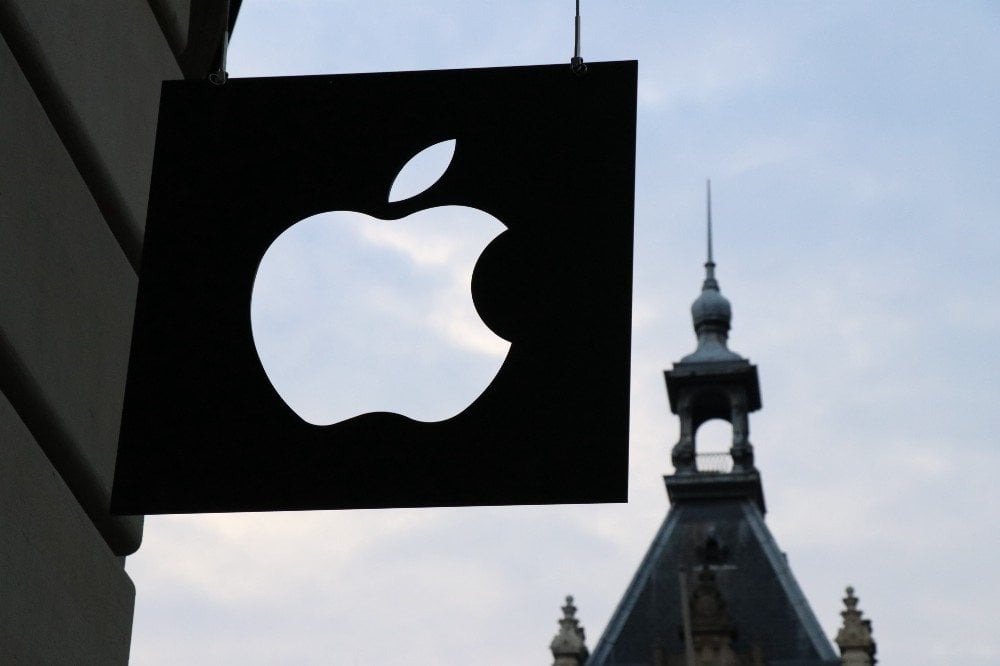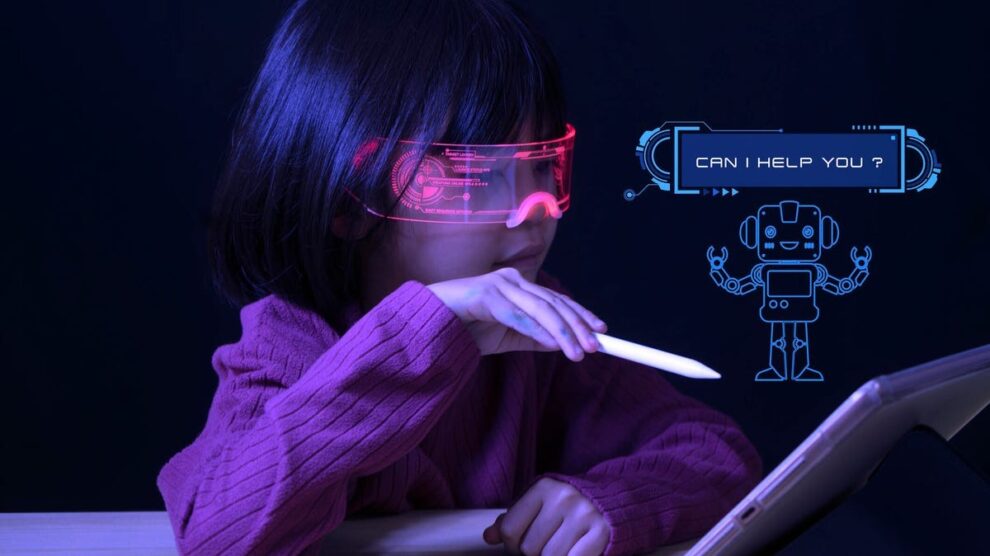In a move that underscores its ambitious foray into artificial intelligence (AI), Apple has recently added DarwinAI to its portfolio of AI startups. This acquisition of the Canadian firm, known for its pioneering work in optimizing AI systems, signals a deeper dive into AI development by the tech giant. This strategy, while shrouded in mystery, hints at transformative innovations in Apple’s product ecosystem and potentially shifts the competitive dynamics within the tech industry.
Apple’s Muted Strategy Amid an AI Acquisition Spree
In an era where AI integration has become a battleground for tech titans, Apple’s acquisition strategy—bagging 32 AI startups in 2023 alone, as reported by MacRumors—reflects a deliberate yet undisclosed roadmap towards AI dominance. Despite the veil over its comprehensive AI vision, snippets of information, such as the development of an internal AI chatbot dubbed Apple GPT and CEO Tim Cook’s allusions to AI and generative AI in future offerings, offer glimpses into Apple’s AI-centric future.
DarwinAI’s Contribution to Apple’s AI Vision
Specializing in the compression of AI models for enhanced efficiency on devices with constrained computing resources, DarwinAI emerges as a critical piece in Apple’s AI puzzle. Here’s a closer examination of how DarwinAI’s expertise might catalyze innovation within Apple’s product line:
- Enriched AI Features on iPhones: DarwinAI’s model optimization techniques hold the promise of elevating AI-driven functionalities on iPhones, from intelligent camera enhancements and a more intuitive Siri to groundbreaking AI-augmented reality experiences.
- Broader AI Deployment Across Devices: The ability to streamline AI models not only promises enriched features on iPhones but also extends the potential for AI integration across Apple’s product spectrum, including Apple Watches, AirPods, and speculative AR/VR headgear, without compromising on performance or battery longevity.

Positioning Against Google’s AI Supremacy
The strategic undercurrents of Apple’s acquisition spree, particularly with DarwinAI, might also signal an intent to rival Google’s stronghold in AI. Google’s Gemini AI platform has set a high bar, offering developers a versatile suite of tools for deploying machine learning models across a plethora of devices. DarwinAI’s capabilities could empower Apple to either forge a competitive AI platform or significantly bolster its existing AI frameworks, posing a direct challenge to Google’s AI dominance.
Implications for Apple Users
While the full spectrum of Apple’s AI ambitions remains speculative, the infusion of DarwinAI’s technology portends a future where Apple devices become increasingly intelligent, offering users seamless, efficient, and potentially novel interactions. This evolution could redefine user experiences, making them more personalized and engaging through the power of AI.
Envisioning the Future of Apple’s AI Ecosystem
As Apple continues its assertive march into AI, the acquisition of DarwinAI epitomizes the company’s commitment to not only staying abreast of AI advancements but also leading the charge in making AI more accessible and integrated within its ecosystem. This journey promises to usher in a new era of innovation, where AI is not merely an auxiliary feature but a cornerstone of the Apple experience.
The Path Forward
Apple’s concerted push into artificial intelligence, marked by the acquisition of DarwinAI, lays the groundwork for a transformative phase in technology. By optimizing AI models for greater efficiency and broader applicability, Apple is poised to redefine the intersection of technology and everyday life. As the tech community awaits Apple’s next move, the anticipation surrounding the future of AI in Apple’s universe has never been higher. The potential for more intelligent, efficient, and immersive technologies paints an exciting picture of what lies ahead, marking a pivotal moment in the evolution of AI within consumer technology.










Add Comment